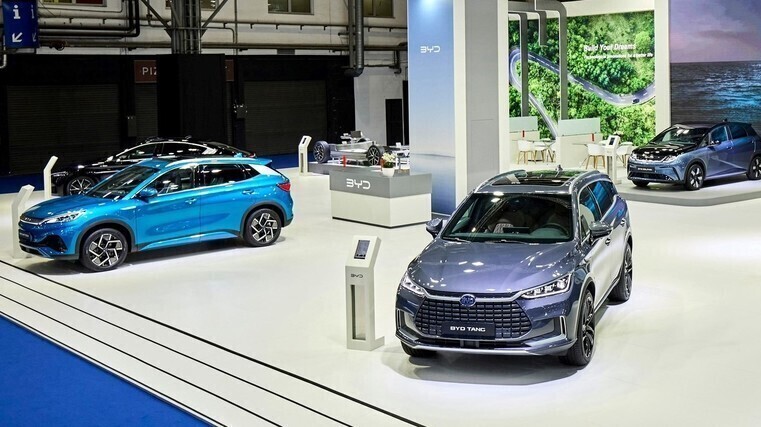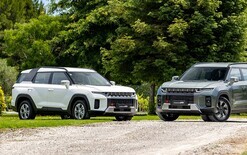Row erupts over car imports

China says it is taking Canada to the World Trade Organization (WTO) to challenge the latter’s decision to impose new tariffs of up to 100 per cent on Chinese-made electric vehicles (EVs).
The Ministry of Commerce in China had described the tariffs as “trade protectionism” that distort global supply chains and has urged Canada to withdraw them.
This is the third time China has taken the issue of EV tariffs to the WTO this year, following cases against the US in March and the European Union in August.
As China’s exports rise to counter its slowing domestic economy, more countries are raising or contemplating tariffs on good made there.
Canada says it will impose 100 per cent tariffs on Chinese-made EVs from October 1. They will also apply to certain hybrid passenger cars, trucks, buses and delivery vans in addition to the existing 6.1 per cent tariff on Chinese EVs. A 25 per cent levy on Chinese steel and aluminium will come into effect on October 15.
Passport for batteries
Volvo Cars is launching the world’s first EV battery passport recording the origins of raw materials, components, recycled content and carbon footprint for its flagship EX90 SUV.
The passport uses blockchain technology to map supply chains for companies and took more than five years to develop.
Battery passports will be mandatory for EVs sold in the EU from February 2027. Volvo says that introducing them early is aimed at being transparent with buyers as the marque targets producing only fully electric cars by 2030.
The EX90 SUV with a battery passport is due to start production soon at Volvo’s plant in South Carolina, and will be delivered to customers in Europe and North America from the second half of the year.
Volvo owners can access a simplified version of the passport using a QR code on the inside of the driver’s door.
The passport will be gradually rolled out to all Volvo EVs with a more complete version passed to regulators. It will also include up-to-date information on the EV battery’s state of health for 15 years.





